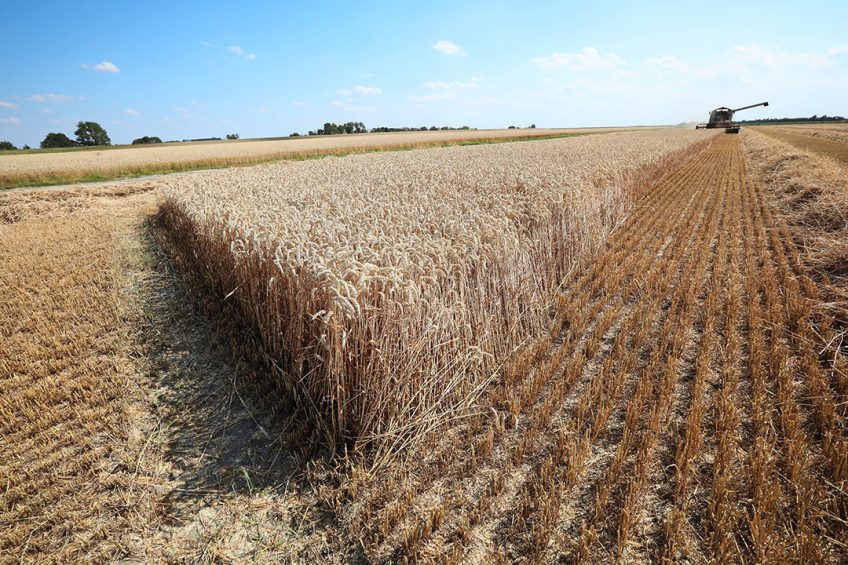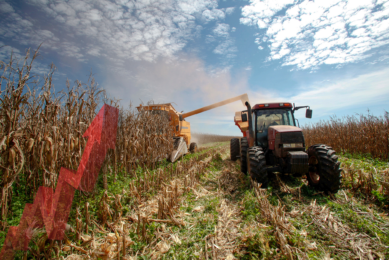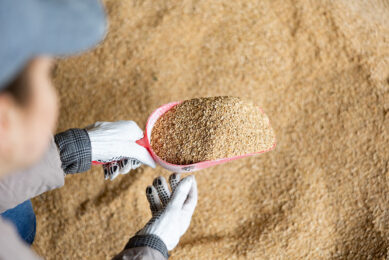Russian export duties: Grain producers brace for impact

New Russian export duties are expected to cost grain producers Rub211 billion ($ 2.9 billion) this year, the Russian analytical agency SovEcon estimated.
This figure is primarily comprised of the lost value the companies would have from selling grain at lower prices to feed and food producers on the domestic market.
Government subsidies
The government is also set to allocate additional subsidies of Rub40 billion ($ 530 million) to grain producers to prevent them from a sharp decline in business marginality, the Russian Agricultural Ministry told the state-owned news outlet Tass. The money must be distributed between the Russian regions proportionally to their input to the country’s overall grain production.
The export duties will secure price stabilisation, and the raised money will be directed to support agricultural producers.”
The Russian government is mulling the idea of making the new export duty constant, the Russian Economic Development Minister Maxim Reshetnikov told the Russian President Vladimir Putin on February 4. In the coming years, the duty will be introduced every time the export price exceeds $ 200 per tonne. The amount will be 70% of the access between $ 200 per tonne and the actual price, he said.
Export duties to stabilise grain prices
The government subjected wheat export to a duty of € 25 per tonne from February 15 and until March 1. From March 15, the government will charge € 25 per tonne on exported grain and € 10 per tonne on barley.
“The export duties will secure price stabilisation, and the raised money will be directed to support agricultural producers,” the Agricultural Ministry said.
The grain industry is braced for major problems
The new government’s policy on the grain market is likely to bring a price relief for the domestic feed and food industry but is expected to create major problems for grain producers, and the promised subsidies may not make any difference.
Profits for grain producers will fall
“With a yield of 3 tonnes per ha, the duty introduction would cut business profitability by Rub15,000 ($ 200) per hectare, and Rub25,000 ($ 320) per hectare for the regions with high yield. One should also not forget that the industry’s costs for seeds, fertilisers, plant protection products, and equipment are on the rise. Of course, profits for grain producers will significantly decrease, which means that agricultural producers will have to switch to more primitive technologies,” Anton Permyakov, chairman of the Verkhnikhavsky agricultural holding, told the Russian magazine Agroinvestor.
Extension of duties could stifle investment
He added that the industry had already agreed and accepted the introduction of duties from mid-February until the end of the season as “an inevitable evil,” but no one is actually ready for the duties to be introduced for an indefinite period of time. “If the duty is extended for the next season, the crop sector will lose most of its investment attractiveness. This means that both agricultural machinery manufacturers and the entire value chain will lose money,” he said.











